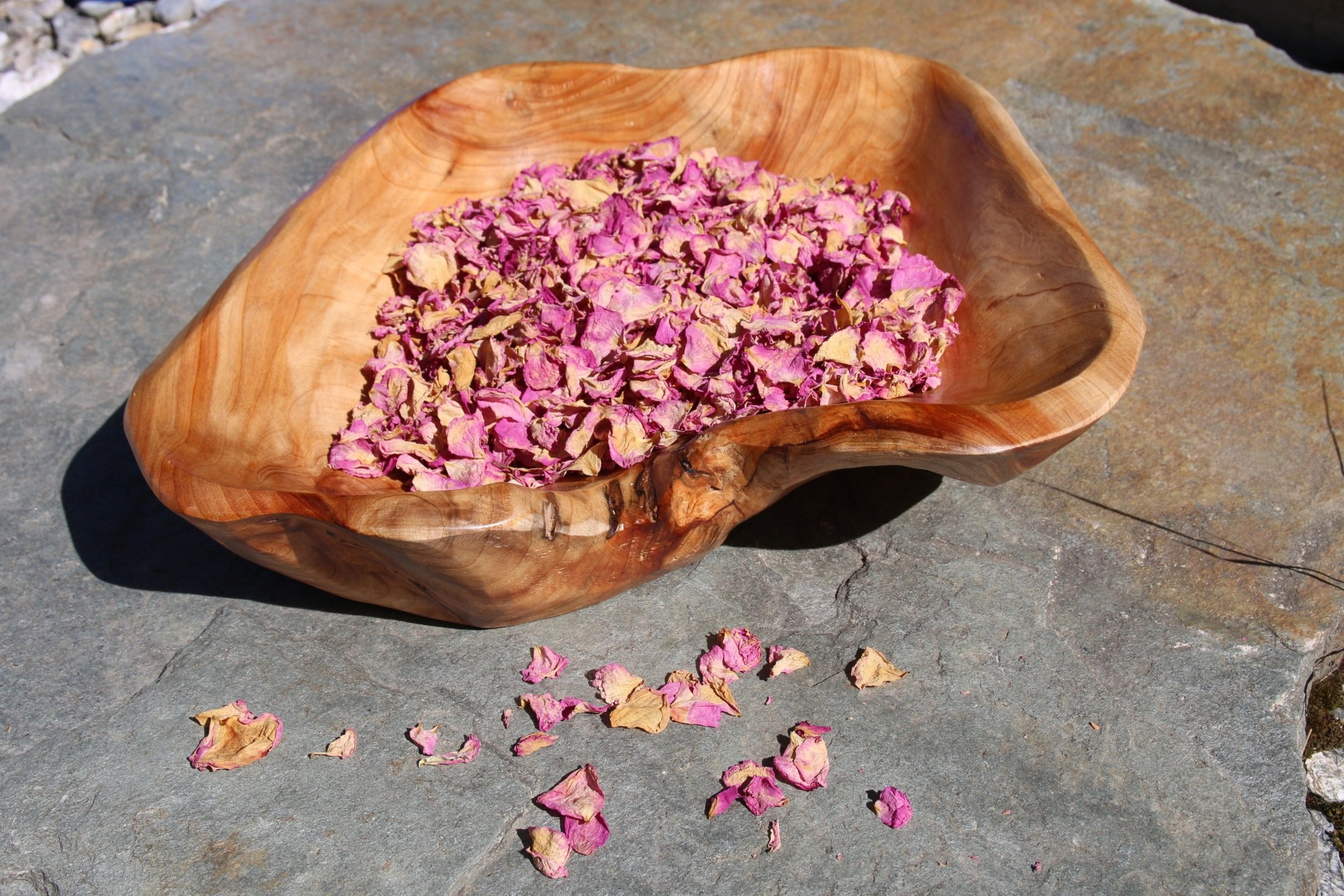Book Review: Orwell’s Roses
Orwell’s Roses
By Rebecca Solnit
George Orwell is best known for his essay writing and novels “Animal Farm” and “1984,” books that focused on the decline of empire, the rise of fascism and the tyranny of communism. What is less well known is that in 1936 he planted roses in the garden of a very small, rented country cottage in Wallington, England. Rose bushes that Solnit finds more than 80 years later.
This latest essay style book by Rebecca Solnit (author or 20 books to date) is about and isn’t about George Orwell just as it is and isn’t about roses. It wanders along at its own pace and covers a range of loosely connected topics to do with both as well as a lot of other topics in-between.
The core essence of this book reflects on what gardening may have meant to Orwell and how it impacted his writing with the broad perspective that his interest in gardening was based around his ultimate view of continuity and hope for the future.
To many gardening and roses in particular symbolize joy and lightness attributes not usually associated with Orwell who is often viewed as a writer of hardships endured, the exploited and the looming threat of totalitarianism. This book offers a fresh, less dark, perspective on Orwell (and those from his political background) and focuses on the underappreciated interest he had in the natural world, gardens and flowers and their impact on his life and writing.
“Outside my work the thing I care most about is gardening, especially vegetable gardening” - George Orwell
The book does wander around and deviates off across a range of material from the environmental downside of modern mass rose production in Columbia but for the most case these topics are linked back to the core Orwell theme. However, some diversions appear to have only a tenuous link to the books theme such as the chapter on coal or the story about Jaffa cakes but in the end the book is a series of perspectives and it doesn’t really matter.
Solnit does move through Orwell’s affection for roses and the English countryside tracing it back to an idealized British perspective of nature from the 18th century that in reality masked the impoverishment of the rural population by industrialization. She in effect links Orwell to an unwitting colonial mindset and background.
Orwell’s Roses traces Orwell’s personal (and family) struggles with poor health that regularly interrupted his life from an early age. Despite these challenges he continued to lead his life as best he could and though he was suffering from tuberculous in the final years of his life he completed “1984” before dying at age 47. Even during this time wrote in his gardening diary on “roses, poppies, sweet williams, marigolds full out, lupins still with some flowers.”
This is not your usual book and it is not really about roses but for the most part is about the meaning and context of roses, gardening, flowers and the natural world to George Orwell and his writing and relates these thoughts back to their colonial origins and forward to today. This is not always an easy read but is thought provoking and interesting for those looking for a better understanding of Orwell.
@BlackTealBay books rating 7.5/10


